Original Story by Doria Dee Johnson via Storefront Journal
Carrie Crawford Smith opened an employment agency in 1918, not long after relocating to Evanston, Illinois. She received her education at Fisk University. Smith migrated to Chicago’s North Shore just before many African American’s left the South, during the Great Migration, beginning in 1916. She saw her business as an opportunity to help other African-Americans migrating from the South to the North. Although, she did not discriminate and help both black and white clients, her main focus was on helping Black Americans moving to the Chicago suburbs in enormous numbers. Smith’s business grew rapidly and became the agency to go to if one needed domestic work.
Smith made her business more than just about jobs. She also promoted racial advancement and dignity. She became a well-known figure among the black community. Smith instituted “standards” that anyone who wished to employ one of her clients had to accept. These rules, mainly intended to protect black women’s reputations, also insisted that employers treat her clients with dignity and respect. Those who agreed to employ Crawford-Smith’s employees had to agree to this creed. The “Standards” curtailed many of the negative stereotypical images that white public opinion perpetrated about Black women.
For instance, one standard said that domestics would not clean floors or windows because Carrie Crawford-Smith felt that “crawling around on floors and hanging out of other’s windows was undignified,” and that she had male employees for such work. Smith never waived from her rules or beliefs to make her white customers happy. Crawford-Smith belonged to many clubs, religious organizations and social justice entities like the NAACP. She was the historian of the Evanston chapter of the Matilda Dunbar Women’s Club, named after the mother of Paul Lawrence Dunbar.
source:





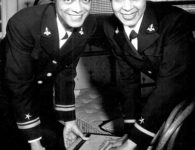
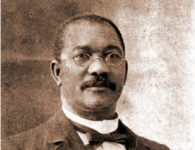



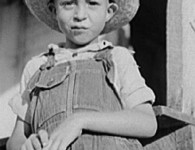

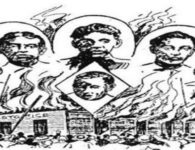
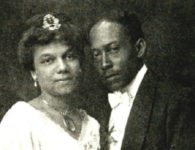

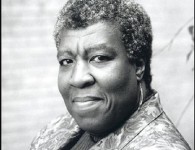




No comments